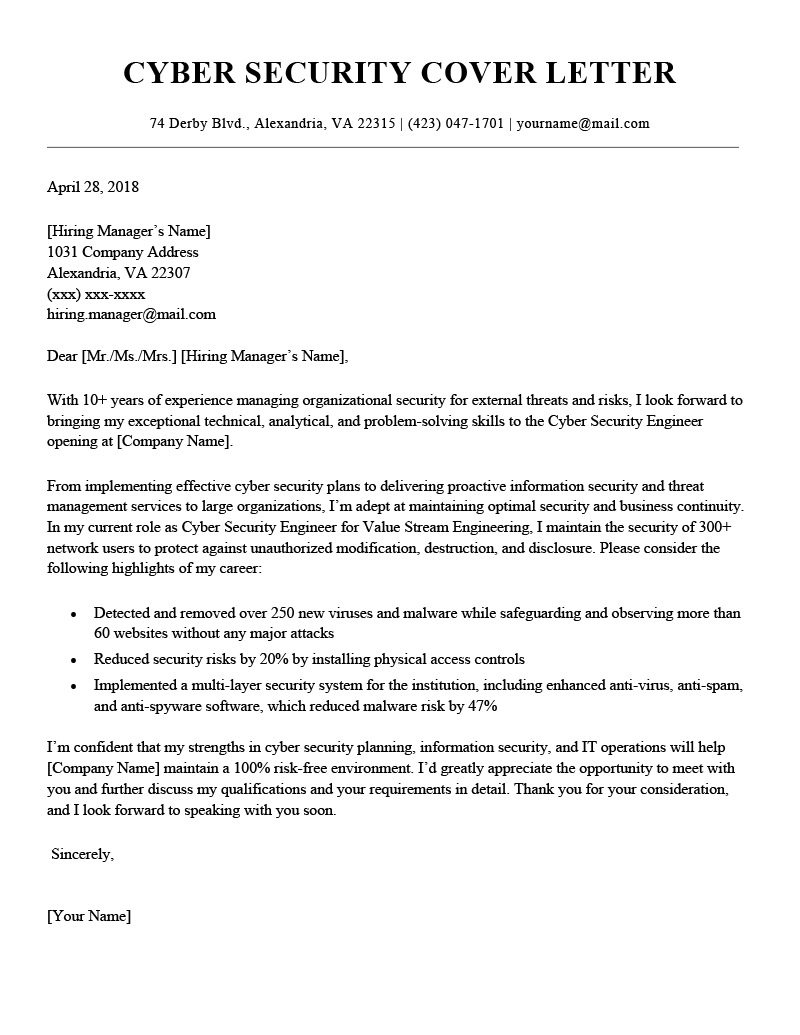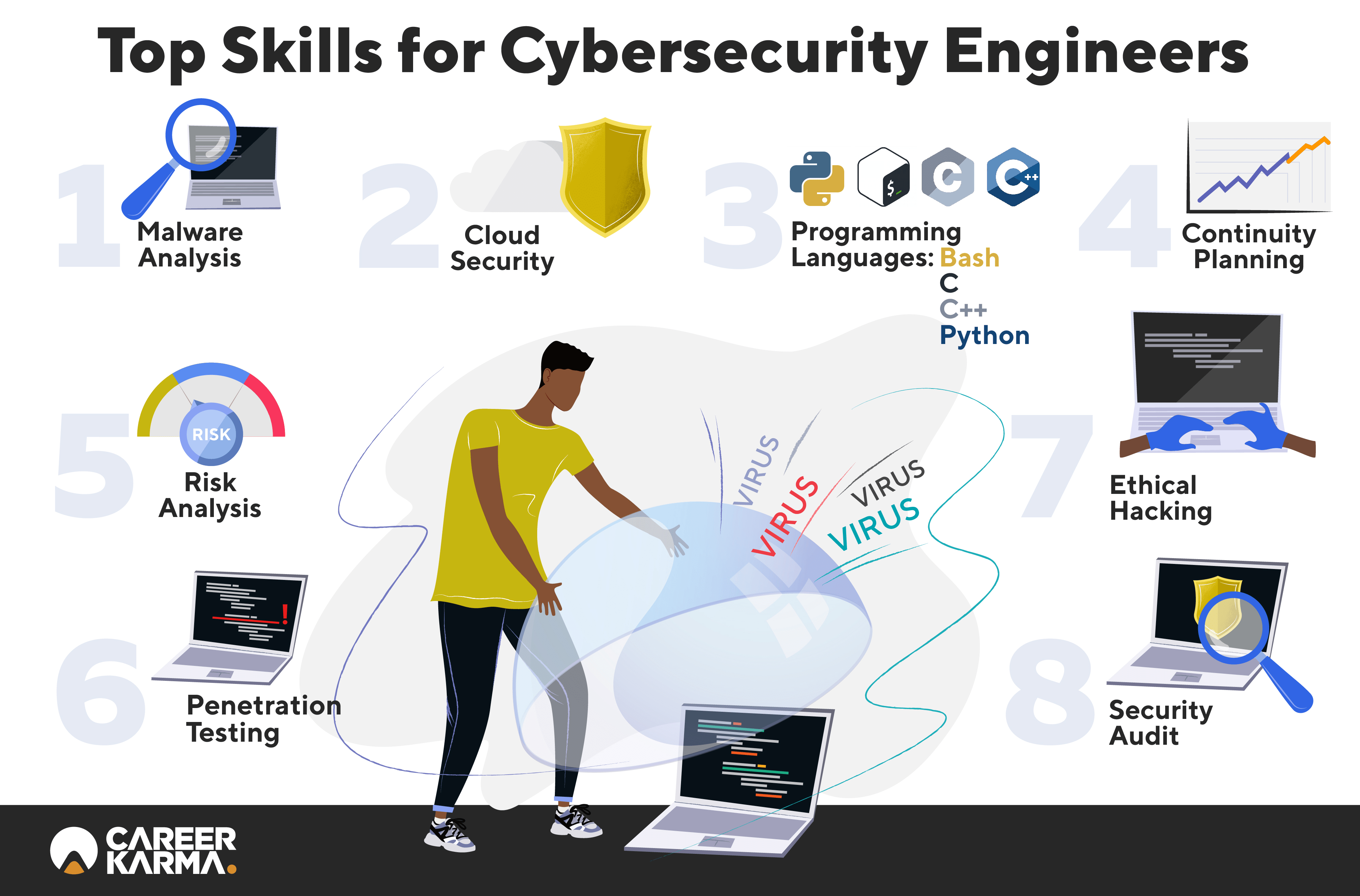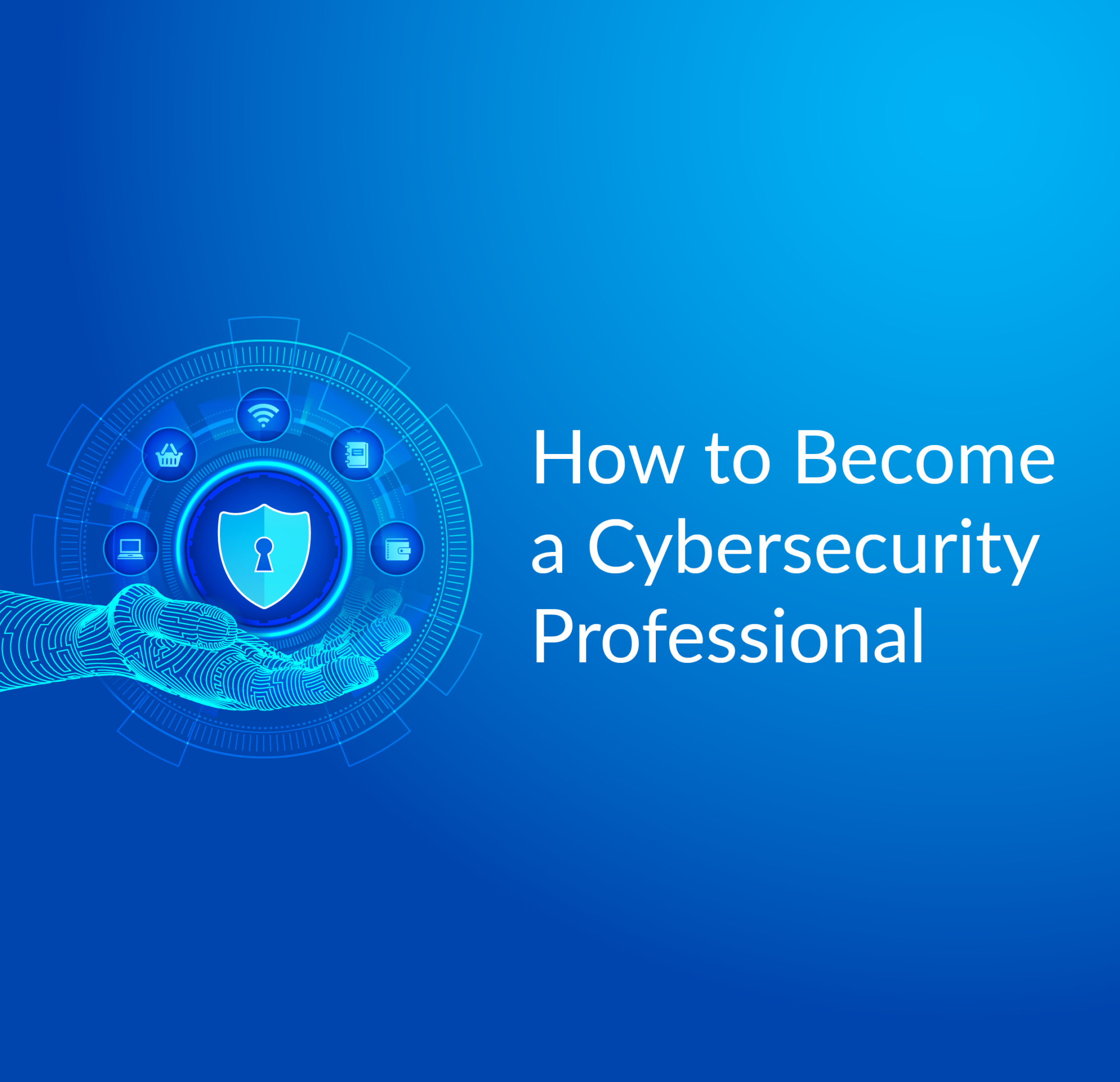Praise solomond
Sunday, 8 May 2022
Wednesday, 26 May 2021
Praise solomond: 👩💻How To Become A Cyber Security Engineer
Praise solomond: 👩💻How To Become A Cyber Security Engineer: HOW TO BECOME A CYBER SECURITY ENGINEER HOW TO BECOME A CYBER SECURITY ENGINEER Close × ...
Tuesday, 25 May 2021
👩💻How To Become A Cyber Security Engineer
HOW TO BECOME A CYBER SECURITY ENGINEER

Am here to show you some fine and forensic basic ways you can become a cyber security engineer in 2022.........so let's get started.



WHAT IT MEANTS BY CYBER SECURITY:
Cyber security refers to the body of technologies, processes, and practices designed to protect
networks, devices, programs, and data from attack, damage, or unauthorized access. Cyber security
may also be referred to as information technology security.
The Top Skills Required for Cybersecurity Jobs
Problem-Solving Skills:






Those in the field need to find creative ways to take on and address complex information security
challenges across a variety of existing and emerging technologies and digital environments.
Technical Aptitude:
As the name implies, cybersecurity is a technology-focused field: you will be likely be tasked with
responsibilities such as troubleshooting, maintaining, and updating information security systems;
implementing continuous network monitoring; and providing real-time security solutions. Being
technologically savvy is essential in order to perform the daily activities of a cybersecurity professional.
Knowledge of Security Across Various Platforms: Cybersecurity isn't just limited to computers:
you'll need to be comfortable working on a variety of operating systems, computer systems, mobile
devices, cloud networks, and wireless networks - and keep up to date on advances in the field for all of them.
Attention to Detail: Being able to defend an organization against cyber breaches requires you to be
highly vigilant and detail-oriented, in order to effectively detect vulnerabilities and risks. You'll like be
responsible for continuous network monitoring and will need to be able to quickly identify concerns
and come up with real-time security solutions to address them.
Communication Skills: As a cybersecurity specialist, you'll be working closely with individuals in other
roles and departments, and it's important to be able to effectively communicate and explain your findings,
concerns, and solutions to others. It's important to be able to speak clearly and concisely on cybersecurity
strategy and policy, as well as to be able to convey technical information to individuals of different levels
of technical comprehension.
Fundamental Computer Forensics Skills: While computer forensics and cybersecurity are two separate
fields, they're closely related - and having a foundation in computer forensics can help you excel in your
cybersecurity career. To be able to effectively protect organizations' digital assets and prevent security
breaches, you'll need to have a solid understanding of what happens if your efforts fail, and how compromised
data is recovered. Most cybersecurity degree programs will have a computer forensics component for this reason.
A Desire to Learn: As with any technical field, cybersecurity is fast-changing. Anyone who works in the field
will need to be committed to keeping current with best practices and emerging industry trends, and will always
need to be learning and self-educating - both on and off the clock.
An Understanding of Hacking: To effectively protect an organization's network and infrastructure, you'll
need to know how they can be exploited in the first place - that's why most cybersecurity professionals
must learn how to "ethically hack." Essentially, you need to have the same skills as a hacker, to fully
understand how a system could be breached, and in turn, create effective solutions for thwarting these attacks.


Cyber Security Engineer Qualifications
In general, a Cyber Security engineer must have the following qualifications:
- Degree in Computer Science, IT, Systems Engineering, or a similar field.
- Two years of work experience in Cyber Security related duties such as incident detection and response, and forensics.
- Experience with the functionality, operation, and maintenance of firewalls and various forms of endpoint security.
- Proficiency in languages/tools such as C++, Java, Node, Python, Ruby, Go, or Power Shell.
- The ability to work in a fast-paced environment, often under pressure.
- Possess the right eye for detail and outstanding problem-solving skills.
- Up to date knowledge of the latest Cyber Security trends and hacker tactics.
REQUIREMENTS;
- An undergraduate degree in cybersecurity can get most young professionals started in security engineering.
- With a master's degree in the field and 1-5 years of experience, security engineers can compete for many of the top jobs in the profession.
What Does cyber security engineers do?:
This question is mostly asked by the beginers who realy want to know about CYBER SECURITY before going into it.
Cybersecurity engineers, sometimes called information security engineers, identify threats and vulnerabilities
in systems and software, then apply their skills to developing and implementing high-tech solutions to defend against
hacking, malware and ransomware, insider threats and all types of cybercrime.



































For more enquiry and support visit us on facebook,instagram,tweeter,at the right upper side, corner of the page .... thank you.
Subscribe to:
Comments (Atom)
Voltage Graphic
Voltage Graphics Voltage Graphics Our services Include:Designing and Printing of Flex B...

-
JAMB: JAMB-BIOLOGY-PAST-QUESTION PDF-file CLICK HERE TO VIEW biology-pdf JAMB-CHEMISTRY-PAST-QUES...
-
Dope: In semiconductor production, doping is the intentional introduction of impurities into an intrinsic semiconductor for...
-
ELECTRICITY: by; praise solomon: Electricity is a form of energy that exists...






